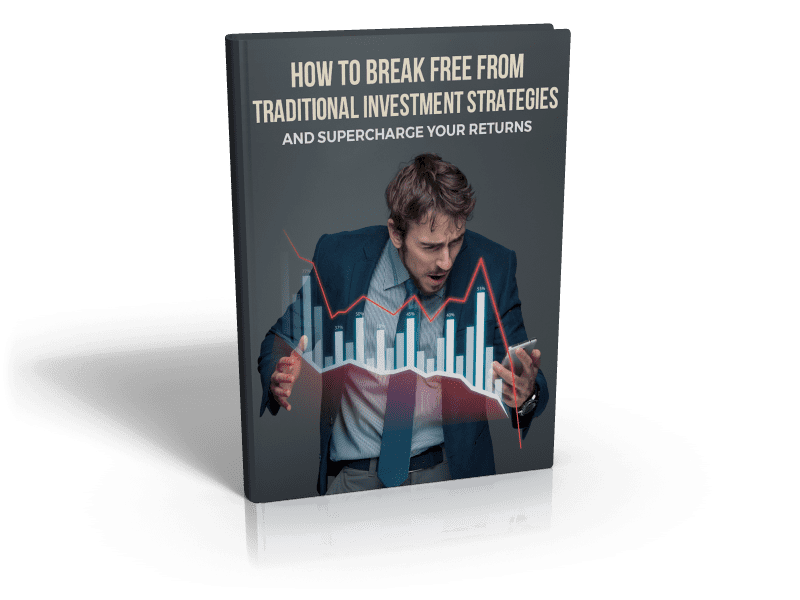How much capital should a sponsor invest in a deal? It’s a fair question, and one that investors may ask to gauge how vested the sponsor is in a deal.
Typically, the prevailing thinking is that when sponsors invest their own capital, they have “skin in the game,” and, therefore, are more incentivized to ensure the deal performs. While there’s some truth to that idea, there are also legitimate reasons why a sponsor may not invest (or not invest much) in a deal.
The primary reason is liquidity.
Liquidity means cash on-hand. Liquidity is important to sponsors for several reasons.
First, sponsors need significant liquidity to secure loans. Typically, lenders require a sponsor to have 10% of the total loan amount in liquid investments following the loan closing. For example, on a $20 million loan, the sponsor must have $2 million in liquid assets to meet loan criteria.
Second, sponsors need liquidity in case of emergencies. What if unforeseen issues occur and the deal needs more capital? A well-capitalized sponsor is able to address these issues without a capital call to investors.
Third, sponsors need liquidity for deposits on new deals. This is known as EMD money. In today’s market, the competition for new investment opportunities is fierce. Sponsors need to quickly provide EMD money, typically 1%-2% of the purchase price, to lock-in the opportunity. On-hand cash provides the flexibility to ensure the good deals aren’t missed.
So, it’s always fair to ask sponsors if they are investing in a deal. Many do. But many don’t – for good reasons.


